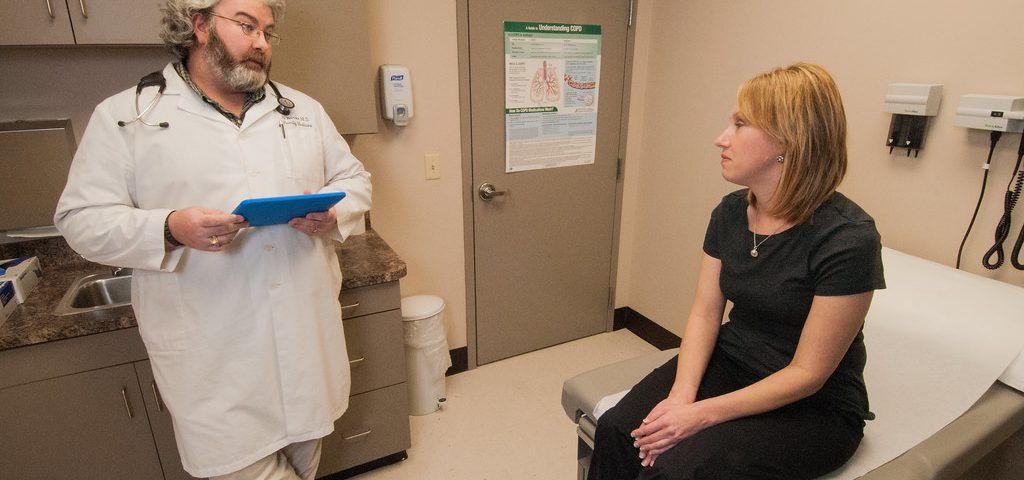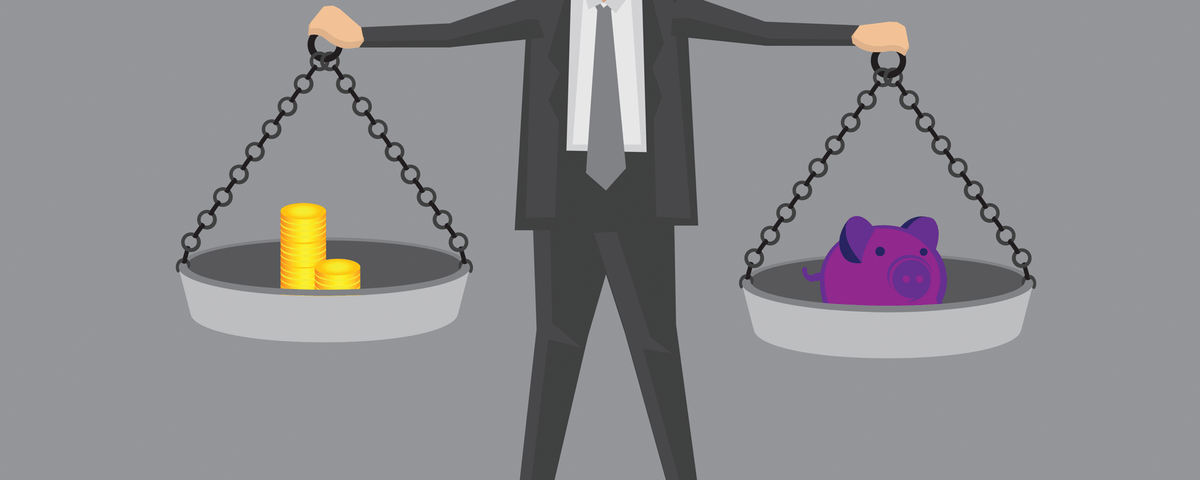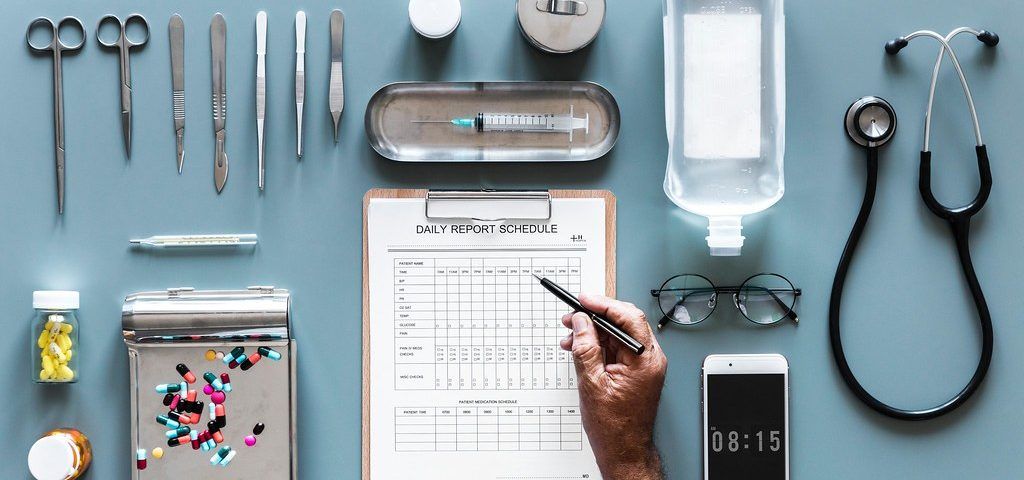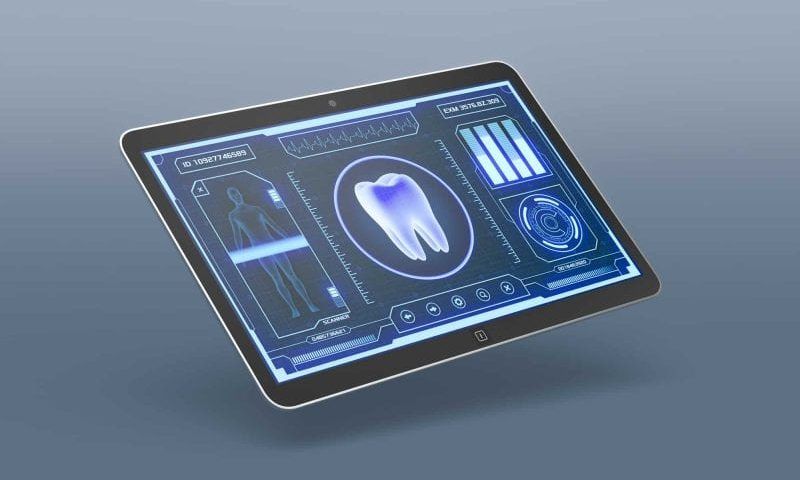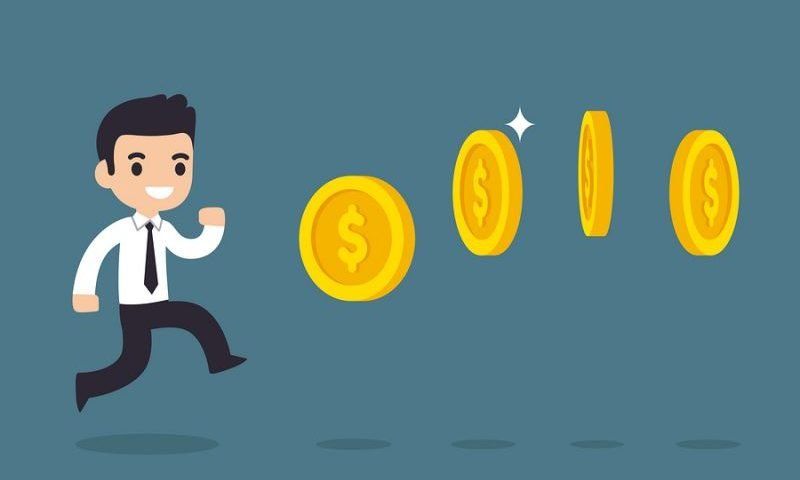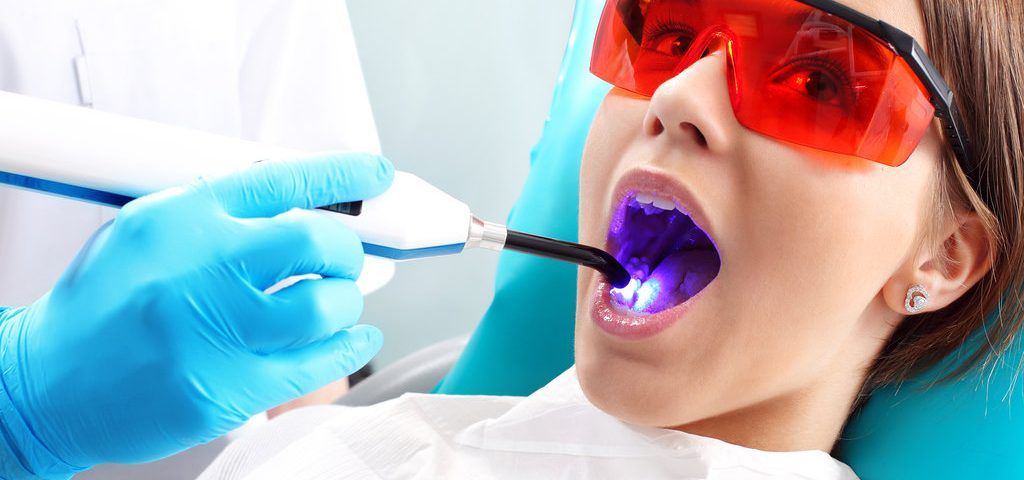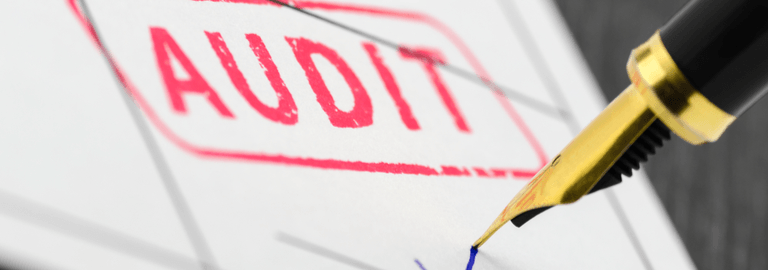WHY YOU SHOULD FOLLOW HIPAA COMPLIANCE FOR THE SUCCESS OF YOUR DENTAL PRACTICE
In 2018, ten companies had to pay $28.7 Million to HIPAA as fines. The United States law requires all covered entities to comply with HIPAA. Covered entities, in this case, refers to health care providers, such as hospitals, dental clinics, and pharmacies.
The American Dental Association conducted research which indicated a significant increase in dental practices, both in terms of size and number. Statistics show that US Citizens who had access to dental care rose to 248 Million in 2016, from 170 Million in 2006.
The increase in dental practices across the States makes them prone to cyber hacking. This is where HIPAA comes in. For dentists, the HIPAA rule is inclusive of;
• A Security Rule
• Privacy Rule
• Breach Notification Rule
WHAT IS HIPAA?
HIPAA compliance refers to the process through which covered entities and business associates adhere to set rules which seek to protect Protected Health Information.
In simple terms, it seeks to ensure a patient’s healthcare data remains private. Protected Health Information is anyone’s healthcare data. The privacy and security rule control what healthcare professionals such as dentists can, or cannot do with your PHI.
THE IMPORTANCE OF HIPAA
HIPAA was initially introduced in 1996 to address insurance coverage for people working two jobs. It also sought to avoid health care fraud, and protect patients’ health information.
FOR YOUR DENTAL PRACTICE, FOLLOWING HIPAA WILL;
• Immensely help you transition from manual to electronic health records.
• Streamline your administrative healthcare functions.
• Protect your client’s health information.
• Set boundaries regarding using and releasing health records.
• Boost the efficiency of your clinic.
• Hold violators answerable if they violate a patient’s rights, through both criminal and civil penalties.
FOR YOUR PATIENTS, FOLLOWING HIPAA WILL;
• Safeguard their personal and sensitive health information.
• Give them control over who gets access to their information.
• They get a right to obtain and go through their health records, and they get to request corrections when necessary.
CONCLUSION
While dentists rarely face penalties for violating set HIPAA rules, you probably don’t want to risk paying those hefty fines. To achieve HIPAA compliance for your dental practice, you need to employ a Compliance Officer.
The officer could be the dentist or any other employee in the clinic. Note that HIPAA compliance is not an on-and-off project. It should be maintained, and the concerned employees should undergo frequent training. The training will equip them in case any changes are made in the workplace or during the implementation of new technology.
CLICK HERE TO CONTACT US TODAY!
The post WHY YOU SHOULD FOLLOW HIPAA COMPLIANCE FOR THE SUCCESS OF YOUR DENTAL PRACTICE appeared first on EHR.


